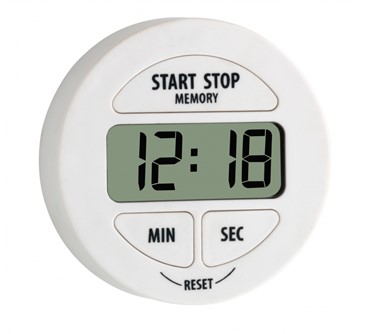The Ministry of Health proposed to transfer part of medical duties to nurses

The Central Research Institute of Organization and Informatization of Healthcare of the Ministry of Health proposed to redistribute some of the medical tasks from doctors to nurses, including transferring to nurses the responsibility for preparing lists of citizens for medical examinations and preventive medical examinations, as well as conducting sanitary and hygienic education of the population, Kommersant reports.
In addition, the research institute proposes to allow nurses to:
conduct medical examinations; dispensary to monitor the health status of patients with chronic diseases; evaluate the effectiveness and safety of the use of drug and non-drug methods of treatment; visit patients with limited mobility at home for dynamic monitoring; organize and conduct “schools of health”.The redistribution will “increase the availability of medical care without loss of quality within the available resources, including financial and labor,” the research institute explained to Kommersant. It will also "free up" the doctor's time to work with the patient.
“The essence of the redistribution of functions in this context is to revise the processes that have historically developed in a medical organization (“we have always had it this way”) and, for example, to delegate some administrative functions to a nurse from a doctor,” the structure of the Ministry of Health said.
At the same time, they noted that not all functions of a doctor can be transferred to a nurse, for example, prescribing medicines for acute respiratory viral infections without complications can only be a function of a doctor or paramedics with extended powers. The institute added that such an approach can be implemented "taking into account the current staffing situation" in the region and even in each specific medical organization.
Read PionerProdukt .by “Cut off your fingers”: what users will not forgive you What is “financial perfectionism” and why it is dangerous How not to miss melanoma - doctor's advice Moneyon boring: how Loko-Invest earns 30% per annumService "Action Medicine" interviewed medical workers about their attitude to the initiative of the research institute. The majority of nurses reported that they are not ready for new duties, as they are already overwhelmed (63.7% answered this way). Some respondents (18.9%) believe that the existing distribution of functions between doctors and nurses is optimal. Others fear that patients will not trust a nurse as much as a doctor (7.3%).
Doctors mostly support the initiative (62.3% of respondents). Of these, 46.2% believe that “it is high time to relieve the doctor”, and 16.1% reported that part of the functionality in their medical organizations has already been transferred to nurses.
523 nurses and 356 doctors, including chief doctors, took part in the survey of the service. 75% of respondents work in state medical organizations, 17% - in private ones, 8% combine them.
As Medvestnik wrote earlier, citing data from the Central Research Institute of Organization and Informatization of the Ministry of Health, state medical organizations lost 9.7 thousand doctors over the past year. In 2022, the number of medical workers in state medical institutions decreased by almost 50 thousand. Doctors decreased by 9,784 people compared to 2021, nurses — by 38,946. In general, the level of provision with nurses decreased in 79 regions.
In August 2022, the government agreed to allow medical students who completed their fourth year to work in ambulance teams. It was argued that such a decision "will provide additional opportunities for mastering the profession and will allow, in parallel with the educational process, to gain practical skills in providing emergency medical care."
In January, President Vladimir Putin instructed to introduce the position of a trainee doctor for residency students from the second year by July 15. They will have to work in their specialty under the guidance of mentors.
“From our point of view, the introduction of the position of a trainee doctor into the staffing table will be useful both for medical institutions and for the residents themselves,” Tatyana Litvinova, vice-rector for educational work at Sechenov University, told RBC.
According to her, the initiative will provide medical institutions with doctors, and will give residents the opportunity to expand their practical training and receive additional income. “In fact, we already had such experience: during the COVID-19 pandemic , many residents worked as district doctors, anesthesiologists, resuscitators, infectious disease specialists. That is, they worked at the rates that were in demand. It was a great experience for them,” she said.




























































